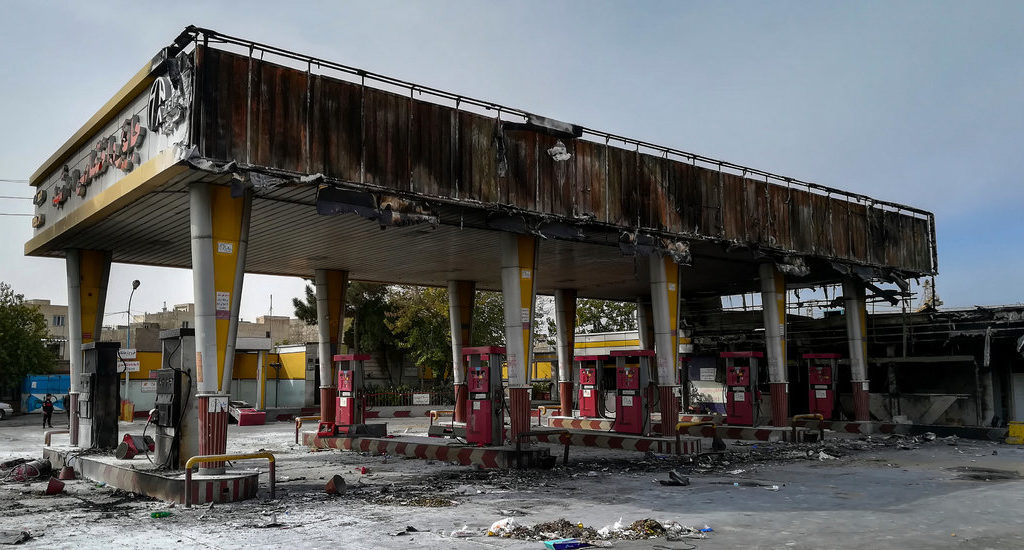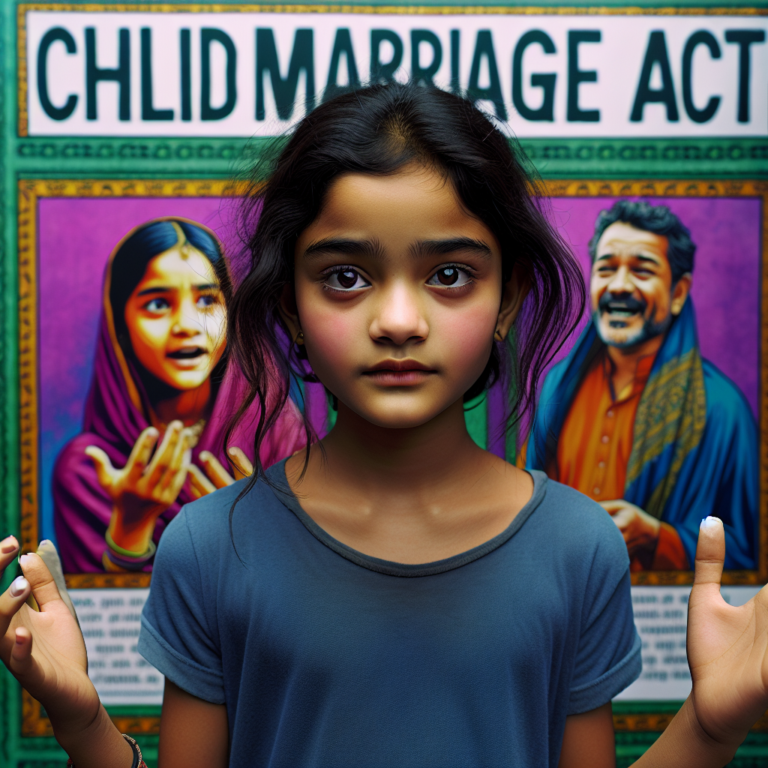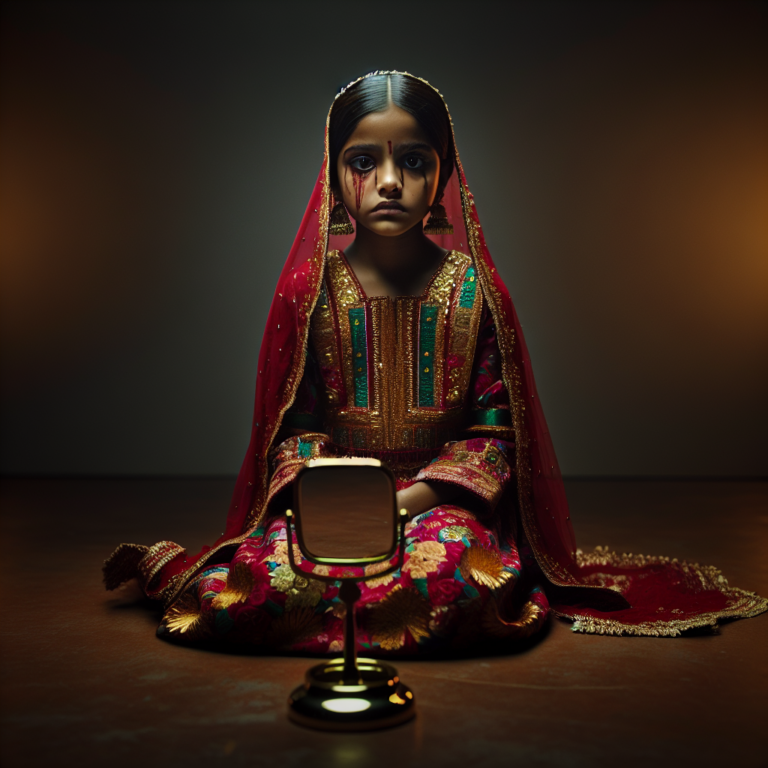زواج القاصرات
Protests against the Iranian government erupted for a fifth day across the country on Tuesday, as the authorities scrambled to crush the unrest and reports emerged of mounting injuries and deaths.
The rights group Amnesty International said that as many as 106 protesters in 21 cities had been killed over the course of the protests, in what would be a dramatic increase, if confirmed, from the 12 reported killed by semiofficial Iranian news agencies. Hundreds of people have been injured over the last week and more than a thousand arrested, according to official Iranian news agencies.
Iran’s security forces said protesters had killed two police officers and at least five members of the Islamic Revolutionary Guards Corps and the paramilitary force known as the Basij.
The protests started last Friday in response to a sudden increase in gasoline prices, which ignited widespread anger amid an economic crisis that Iran’s president has called the worst in 40 years. The country is reeling from economic sanctions reimposed by the Trump administration after it pulled out of the nuclear deal with Iran.
The authorities moved swiftly to quash the protests, but they soon evolved into a broader, sometimes violent, movement against the government, flaring in cities around the country.
“There is no doubt these protests are serious, in terms of their scale and scope,” said Ali Vaez, director of the Iran program at the International Crisis Group. “The regime brought down the iron fist much faster. This, to me, indicates they want to nip it in the bud.”
As part of its crackdown, the government imposed a near-complete shutdown of the internet on Sunday, in an effort to limit protesters’ ability to organize and get out information, such as videos shared on social media and with news organizations outside Iran.
But the unrest has endured, and some Iranians have managed to circumvent the internet shutdown and send out video. Without providing specifics, Amnesty International said that its death toll was based on “credible reports” and that it had reviewed video and heard from witnesses in Iran.
The video shows security forces violently dispersing protesters with firearms, tear gas and water cannons, according to the rights group.
In various cities, protesters have also attacked, ransacked and set fire to dozens of government buildings, including religious schools and municipal offices. Demonstrators have also targeted state-run banks, calling them a symbol of their economic grievances and of corruption in the system.
On Tuesday, many cities remained restive, with schools and university classes suspended and National League soccer matches canceled. Parliament’s national security committee canceled an emergency meeting Tuesday with heads of the intelligence and security agencies; it said the security chiefs were occupied restoring order.
Iran’s military and intelligence agencies have warned that those participating in the unrest will be severely punished. Kayhan, a hard-line newspaper that is considered a mouthpiece of Ayatollah Ali Khamenei, the supreme leader, wrote on Monday that “thugs” rioting in the streets should be executed by hanging.
Although the reports of dead protesters and mass arrests have provoked an international outcry, including in the United States, Europe and the United Nations, Iranian officials have so far resisted calls for a tempered response.
Iran’s foreign minister, Mohammad Javad Zarif, on Tuesday warned countries against supporting the protesters in Iran, and other officials have dismissed the unrest as a plot orchestrated by opposition groups and foreign countries trying to destabilize Iran.
Even if Iranian officials may be privately acknowledging that the abrupt increase in fuel prices was foolish, they are unlikely to reverse the decision, some political analysts said.
Ayatollah Khamenei himself decreed that the price increase was necessary and appropriate, essentially squelching any further discussion among his subordinates. And a retreat might be seen as a capitulation that would embolden the protesters.
“A larger issue here is a structural problem for Khamenei as well as the others — they cannot bring themselves to acknowledge there can be any type of legitimate protest,” said Mehrzad Boroujerdi, an Iran expert who is the director of the School of Public and International Affairs at Virginia Tech.
“They cannot quite acknowledge they have made mistakes,” he said. “The violence is a wonderful indication that they’re afraid. They’re hoping a strong show of force will force this decision down peoples’ throats.”
Rick Gladstone contributed reporting.








